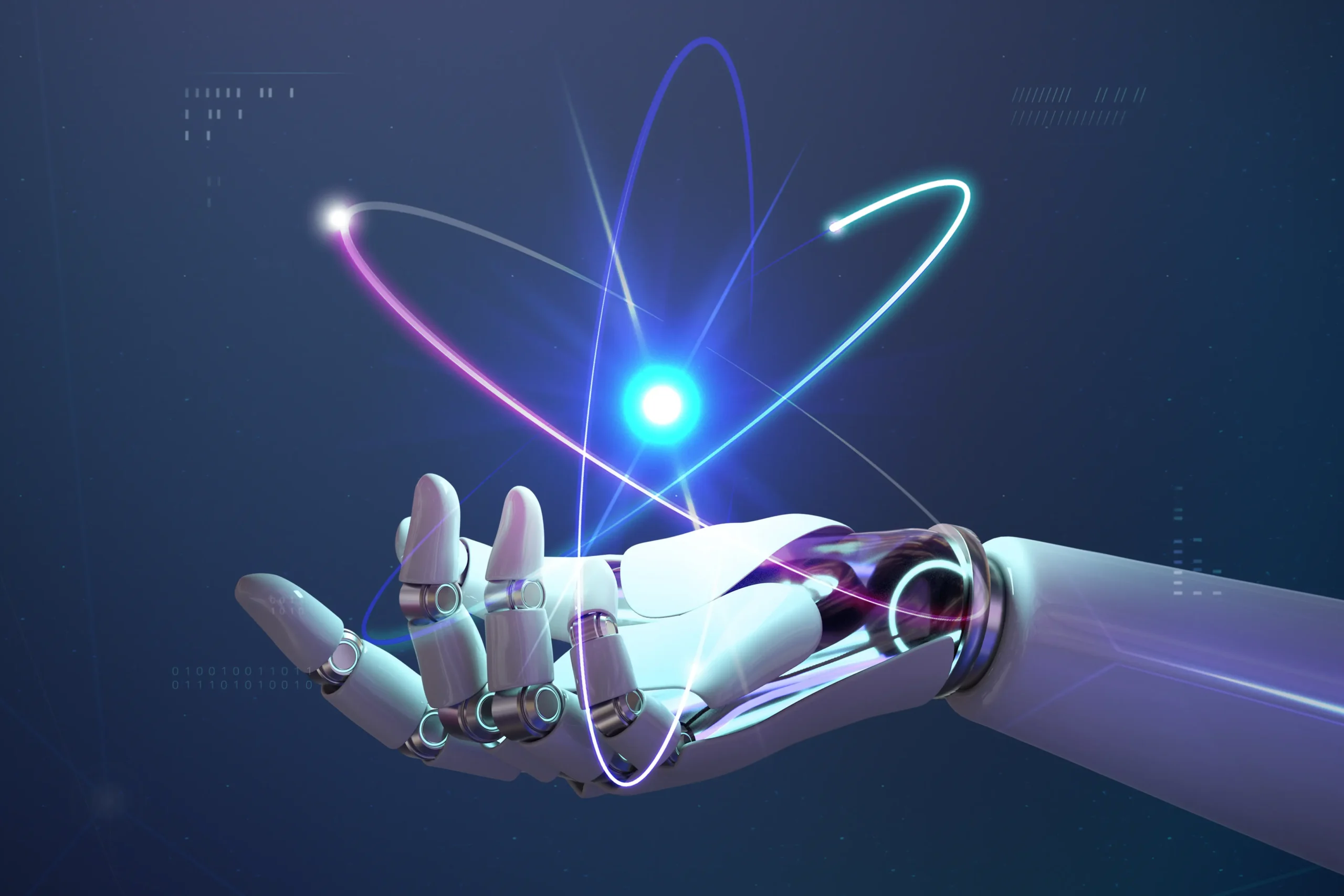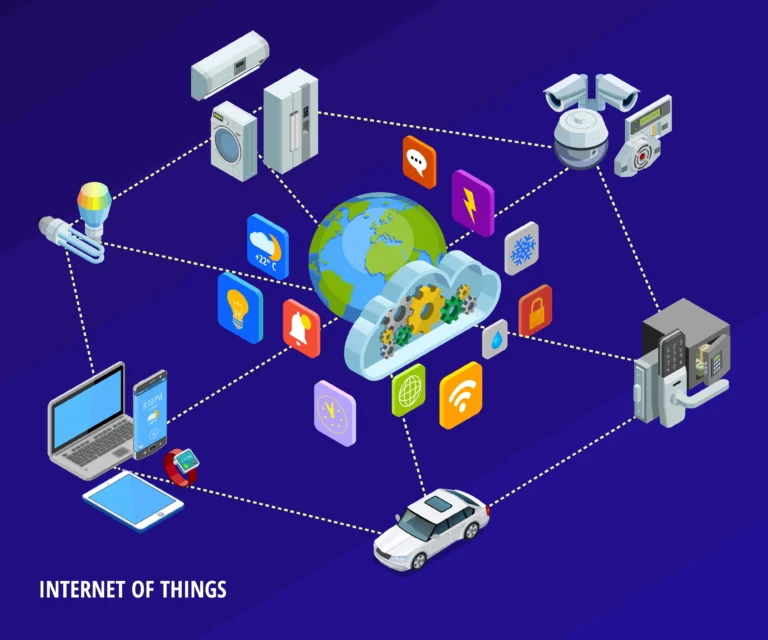Artificial Intelligence: The Future Of AI Is Fascinating!
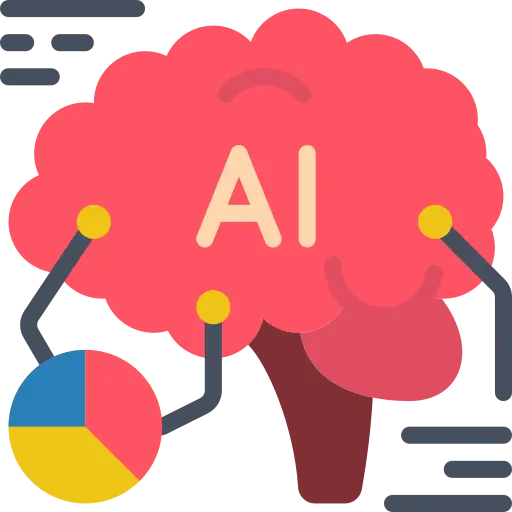
The topic of the future of AI is of great importance because of the potential impact it could have on society and various industries. AI has the potential to revolutionize the way we live and work, and it is important to consider the potential consequences and ethical considerations of its development and use. By understanding the potential future of AI, we can better prepare for and shape its evolution.
Artificial intelligence, or AI, refers to the ability of a computer or machine to perform tasks that would normally require human intelligence, such as learning, problem-solving, decision-making, and language comprehension. The history of AI dates back to the 1950s, with the development of early computer programs that could perform basic mathematical calculations. However, it was not until the late 20th and early 21st centuries that AI began to make significant strides, thanks to advances in fields such as machine learning and natural language processing.
The current state of AI
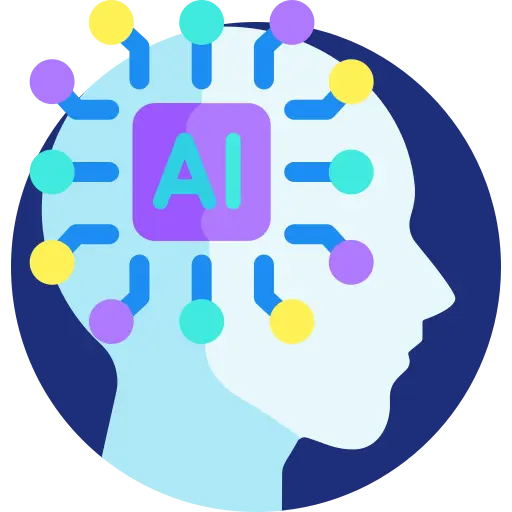
The current state of AI is one of rapid growth and development. There are numerous examples of AI technologies that are being used in a variety of industries, including:
- Natural language processing: AI systems that can understand and generate human languages, such as voice assistants like Siri and Alexa.
- Computer vision: AI systems that can analyze and understand images and video, such as facial recognition software.
- Machine learning: AI systems that can learn from data without being explicitly programmed, such as recommendation systems on websites like Netflix and Amazon.
Despite these advancements, there are still limitations to current AI technologies. One major limitation is that most AI systems rely on vast amounts of data to learn and make decisions. This can lead to issues of bias in the data, which can in turn lead to biased outcomes in the AI system. Additionally, many AI systems struggle with tasks that require common sense or the ability to understand and interpret complex or ambiguous situations.

Despite these limitations, the future of AI looks bright. With continued research and development, it is likely that we will see significant progress in the capabilities of AI systems in the coming years. The future of AI has the potential to transform a wide range of industries and improve the way we live and work. It is important that we approach this future with caution and consider the potential ethical implications of its development and use.
Examples of Current AI Technologies
There are many companies that are currently developing and utilizing artificial intelligence (AI) technologies. Here are a few examples:
- Google: Google is a leader in the field of AI, with a number of AI-powered products and services such as Google Search, Google Maps, and Google Assistant.
- IBM: IBM has been involved in AI research for many years and has developed a number of AI technologies, including IBM Watson, a suite of AI tools and services.
- Microsoft: Microsoft has a number of AI-powered products and services, including the Cortana virtual assistant and the Azure AI platform.
- Amazon: Amazon has a number of AI-powered products and services, including the Amazon Echo and Alexa virtual assistant, as well as the Amazon Web Services (AWS) machine learning platform.
- Apple: Apple has incorporated AI into a number of its products and services, including the Siri virtual assistant and the Photos app.
These are just a few examples, and there are many other companies that are also developing and utilizing AI technologies.
The future of AI
There are many predictions about the future development of AI, and it is difficult to say with certainty what the future will hold. However, it is widely believed that AI will continue to make significant strides in the coming years and decades. Some possible predictions for the future of AI include:
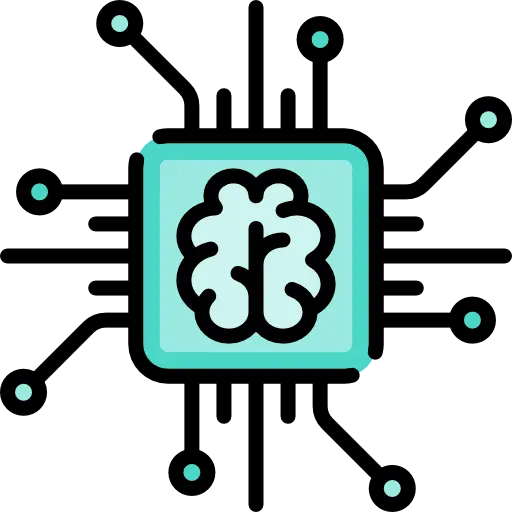
- Increased automation: AI is likely to continue replacing jobs that require repetitive tasks or decision-making based on predetermined rules. This could lead to increased efficiency and productivity in many industries, but also raises concerns about job displacement.
- Enhanced human capabilities: AI has the potential to augment human capabilities and improve our quality of life. For example, AI-powered assistive technologies could help individuals with disabilities perform tasks that would otherwise be difficult or impossible.
- Improved healthcare: AI could be used to analyze medical data and help doctors make more accurate diagnoses. It could also be used to develop personalized treatment plans for patients.
- Advancements in transportation: AI could be used to develop self-driving cars and improve the efficiency of transportation systems.
- Enhanced personalization: AI could be used to improve the customer experience by providing personalized recommendations and improving the efficiency of services.
The potential impact of AI on various industries is difficult to predict, but it is likely to be significant. Some industries that are likely to be impacted by the future of AI include manufacturing, healthcare, finance, and transportation.
Ethical considerations surrounding the future of AI are also important. Some key ethical considerations include issues of bias in AI systems, the potential for job displacement, and the potential for AI to be used for malicious purposes. It is important that we address these ethical considerations as we continue to develop and advance AI technologies.
Conclusion

In conclusion, the future of AI is a fascinating and rapidly developing field that has the potential to transform many aspects of our lives. From increased automation to enhanced human capabilities and improved healthcare, AI has the potential to bring about many benefits. However, it is important to approach the future of AI with caution and consider the potential ethical implications of its development and use.
The responsible development and use of AI are crucial to ensure that its potential benefits are realized and its potential drawbacks are minimized. This includes ensuring that AI systems are transparent, accountable, and fair and that they are developed and used in a way that respects the rights and values of individuals.
Overall, the potential benefits and drawbacks of the future of AI will depend on how it is developed and used. With responsible development and use, AI has the potential to bring about many positive changes in society. However, it is important to carefully consider the potential consequences of AI and to ensure that its development and use align with our values and goals as a society.
Useful Links
- How AI Changing Healthcare In A Major Way In 2023!
- AI: 10 Ways the IoT is Transforming Industries
- DALL-E 2: How To Turn Text Into Beautiful AI Art
FAQ
What is AI?
Artificial intelligence (AI) refers to the ability of a computer or machine to perform tasks that would normally require human intelligence, such as learning, problem-solving, decision-making, and language comprehension.
How does AI work?
There are many ways in which AI systems can be designed and implemented, but most AI systems work by learning from data. This can be done through techniques such as machine learning, in which the AI system is fed large amounts of data and uses statistical techniques to learn patterns and make predictions or decisions.
What are some examples of AI?
Examples of AI include virtual assistants like Siri and Alexa, self-driving cars, recommendation systems on websites like Netflix and Amazon, and facial recognition software.
What are the limitations of AI?
Some limitations of AI include the need for large amounts of data to learn from, the inability to understand or interpret complex or ambiguous situations, and the potential for bias in the data used to train the AI system.
How is AI being used in various industries?
AI is being used in a variety of industries, including manufacturing, healthcare, finance, transportation, and more. Examples of the use of AI in these industries include self-driving cars, personalized healthcare treatment plans, and fraud detection in finance.
What are the ethical considerations surrounding AI?
Some ethical considerations surrounding AI include issues of bias in AI systems, the potential for job displacement, and the potential for AI to be used for malicious purposes.
What is the future of AI?
It is difficult to predict with certainty what the future of AI will hold, but it is expected to continue making significant strides in the coming years and decades. Possible developments in the future of AI include increased automation, enhanced human capabilities, and improved healthcare.
How will AI impact the job market?
AI has the potential to automate certain tasks and jobs, which could lead to job displacement. However, it is also expected to create new job opportunities in fields such as AI development and data science.
Could AI potentially become a threat to humanity?
Some people are concerned that AI could eventually become a threat to humanity, either through malicious use or by becoming too powerful. However, it is important to consider the potential risks of AI and take steps to ensure its responsible development and use.

